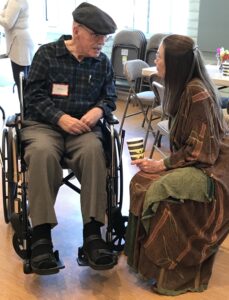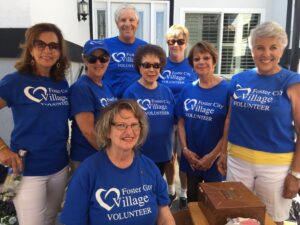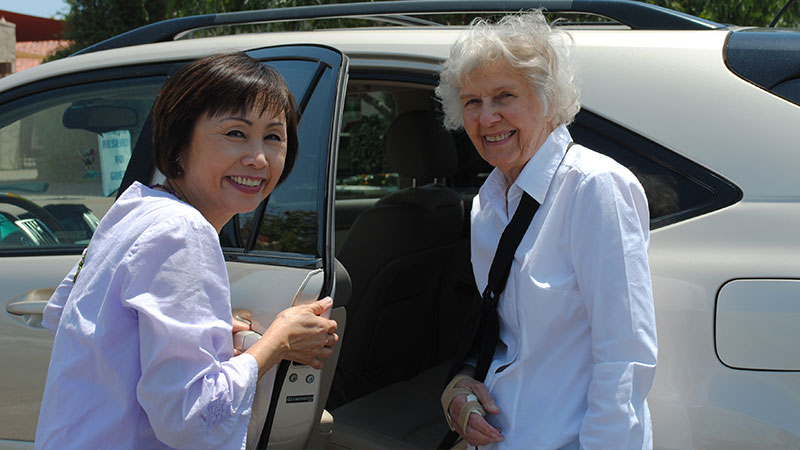Conversations on Care
See all of our Conversations on Care here.
Supporting Higher Needs & Frail Village Members
 California’s older adult population continues to grow and is quickly approaching the point at which the first baby boomers will turn 85. We are experiencing these demographic changes in our villages. Founding village members are aging and new members are coming to us later in life at a time when they need more support and services.
California’s older adult population continues to grow and is quickly approaching the point at which the first baby boomers will turn 85. We are experiencing these demographic changes in our villages. Founding village members are aging and new members are coming to us later in life at a time when they need more support and services.
In the past year VMC has spoken with many villages who are innovating and evolving to meet the growing needs of their ageing membership.
The conversation continued at the recent BRAVO meeting where villages were invited to share best practices around caring for members with more acute needs. Some examples are highlighted below.
Leaning into the promise that we have made to empower our members to age independently is crucial, and I am heartened by the dedication of our villages to continue to support those they serve and work to meet their increasing needs. We may not be able to meet all a member’s needs, but we are able to provide a supportive community that can be one part of a tapestry of care.
Sausalito Village, Tricia Smith: Sausalito Village has an Emergency Preparedness committee that has broken down the village into local groups, each with a volunteer Captain. Every member has been interviewed for their emergency ‘readiness’ via a two-page questionnaire. We have found the questionnaire allows an easier way to ask more sensitive “health related” questions to determine who the most vulnerable members are.
All vulnerable members are followed by a buddy from the Healthcare Advocacy committee. For extra care, vulnerable members are also encouraged to use Sausalito Village’s Member Referred Provider List, which includes lists of private pay service providers including caregivers recommended directly by other members.
San Francisco Village, Kate Hoepke: Since 2019, San Francisco Village (SFV) has partnered with Sutter Health in a project to reduce hospital readmissions. Patients in the Acute Care for the Elderly (ACE) Unit at the Mission Bernal Campus of California Pacific Medical Center may opt for a free 90-day membership with SFV to receive social care navigation services.
The support and services provided are not different from what all SFV members have access to: assistance with grocery shopping, transportation to follow up appointments, regular check-in calls, social connection, and referrals to citywide programs such as Meals on Wheels, In-home Supportive Services, etc.
A recent evaluation by Sutter Health Institute for Advancing Health Equity found that patients who opted into SFV membership were four times less likely to be readmitted to the hospital. So far, the program has served 80 patients.
Foster City Village, Pam Frisella: We recently received a grant that enabled extra vulnerable members to connect with volunteers one-on-one through our “Buddy Connections” program. The funding came from a local Healthcare District that provides Caring Community grants to local nonprofits who provide crucial health services for the residents in our area. The grant allows volunteers to take members out to coffee, lunch, or other outings.

We are implementing a training (two 45-minute zoom meetings) for all volunteers that have contact with members to help them identify the signs of aging and the changes they see in a member over time. We can then better identify the types of services the village can and cannot provide the members and link them to additional resources when needed.

